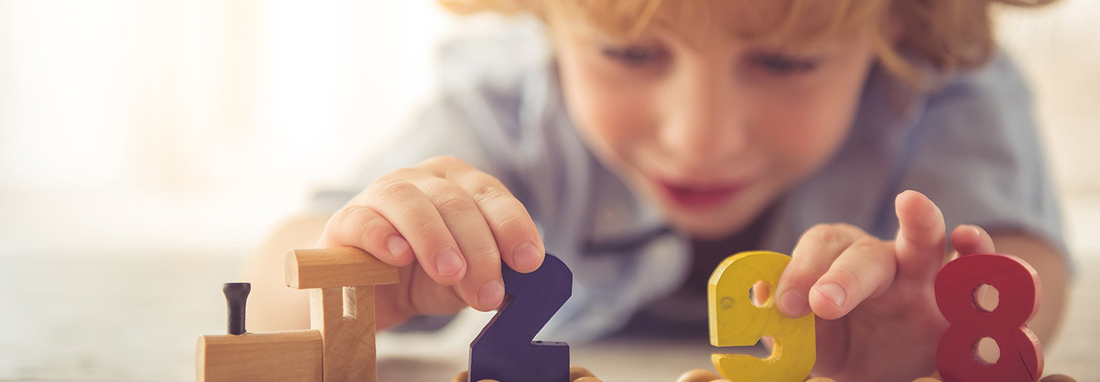
Play-Based Learning and Child Development
The laughter of children at play is more than just a joyful sound - it's the soundtrack of crucial development. As parents, we often witness firsthand how pretend play enhances language skills when our little ones mimic our conversations or craft imaginative scenarios with their toys.
While the connection between pretend play and language development is clear, the benefits of play-based learning extend far beyond vocabulary.
From social skills to problem-solving, children build essential life skills through play that shape their future success.
The Role of Play in Child Development
Play is not a pastime, it's a crucial driver of child development. Research consistently shows that play is vital for a child's growth across multiple domains: cognitive, physical, social, and emotional.
The American Academy of Pediatrics emphasizes that play is critical to a child's well-being and fundamental to their cognitive, physical, social, and emotional growth. Whether through independent exploration or cooperative activities with peers, children are constantly learning and adapting through their play experiences.
These playful interactions form the building blocks of future skills and knowledge.
Language skills are just one aspect. The American Academy of Pediatrics reported that play is essential, “because it contributes to the cognitive, physical, social, and emotional well-being of children.” But while it’s always important for a parent to play with our young children, being busy is a reality, and time is increasingly in short supply.
“Despite the numerous benefits derived from play for both children and parents, time for free play has been markedly reduced for some children.” They also point out that free time for our youngest school children is being squeezed out of their normal day-to-day.
Making Time for Play
In an era of packed schedules and digital distractions, it's easy to feel like there's no time for play. However, creating space for unstructured, child-led play is essential for holistic development. When children engage in activities like pretend play, they practice crucial skills such as communication, empathy, and negotiation.
For instance, when your child imagines that their Playper toys, like King Ketchup and Queen Alpha, are characters in an elaborate story, they're not just having fun - they're experimenting with language, exploring emotional scenarios, and developing narrative skills.
The Pressure on Play in Education
Even in educational settings, play-based learning faces challenges. As state-mandated testing continues to dominate curricula, time for free play is often reduced. However, research contradicts this trend, showing that cognitive abilities such as memory and focus are enhanced when children alternate between structured learning and free-play activities.
This balance is crucial for optimal learning and development.
Examples of Play-Based Learning Activities for Development
Pretend play is just one facet of play-based learning. Cooperative play, for example, helps children learn to share resources, solve problems collaboratively, and develop a sense of empathy. This could involve group storytelling activities, team sports, or collaborative art projects.
Building toys, such as Playper's Curious Kingdom Castle Playset, offer multifaceted learning opportunities. As children assemble the castle, they engage in hands-on problem-solving, developing spatial awareness and fine motor skills.
Moreover, when collaborating with parents or peers to build the structure, they practice communication, turn-taking, and compromise - all vital social skills.
In these play settings, children are constructing a physical object and building the foundation for teamwork, effective communication, and creative thinking.
These skills will serve them well throughout their academic journey and into their professional lives years from now.
Problem-Solving Through Play
Playful problem-solving is at the heart of child development. When children encounter a puzzle or a toy that requires assembly, like the Playper Castle Playset, they engage in critical thinking processes.
As they figure out how pieces fit together or how to balance structures, they're developing focus, adaptability, and task completion skills.
The joy of success when they finally solve the problem or complete the build reinforces these positive learning experiences.
These problem-solving skills developed through play directly translate to real-world situations. For instance, a child who learns to persevere through a challenging puzzle may apply that same determination to a difficult math problem in school.
The spatial reasoning developed through building activities can later assist in understanding geometry or reading maps.
Conclusion
Play is more than just a source of fun and laughter; it's the most powerful tool we have for supporting our children's holistic development. Through play, children develop the cognitive, social, and emotional skills that will serve as the foundation for their future learning and success.
As parents and educators, we have the opportunity—and responsibility—to facilitate and encourage meaningful play experiences.
How can we, as parents and educators, create more opportunities for meaningful play in our children's lives? By understanding the profound impact of play-based learning, we can make informed decisions about how we structure our children's time and learning environments. Remember, every moment of play is a moment of growth and development.
For a deeper dive into the philosophy and research behind play-based learning, explore our article on The Importance of Play-Based Learning in Early Education. Let's embrace the power of play and watch our children thrive.